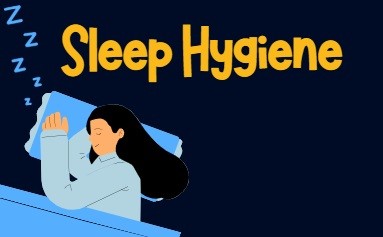Better Sleep Without Sleeping Tablets

Getting a good night’s sleep is essential for both physical and mental wellbeing. Many people struggle with sleep from time to time, but while sleeping tablets may seem like a quick fix, they are not a long-term solution — and in many cases, they can cause more harm than good.
At our practice, we encourage good sleep hygiene (healthy sleep habits) as the safest and most effective way to improve sleep.
Why we avoid prescribing sleeping tablets whenever possible:
-
Addictive – Sleeping tablets can lead to dependence, making it hard to stop using them.
-
Less effective over time – Your body can build tolerance, meaning they stop working as well.
-
Increased risk of falls – Especially in older adults, sleeping tablets can cause dizziness, confusion, and slower reaction times.
-
In elderly patients, a fall can lead to a fractured hip. This is a serious injury, particularly if you have other medical conditions, and is linked with a significant increase in mortality.
-
Instead of tablets, we focus on proven techniques to help you fall asleep naturally — such as keeping a regular bedtime, avoiding caffeine late in the day, and limiting screen use before bed.
You can find practical tips on how to fall asleep faster and sleep better on the NHS website here:🔗 NHS: How to fall asleep faster and sleep better